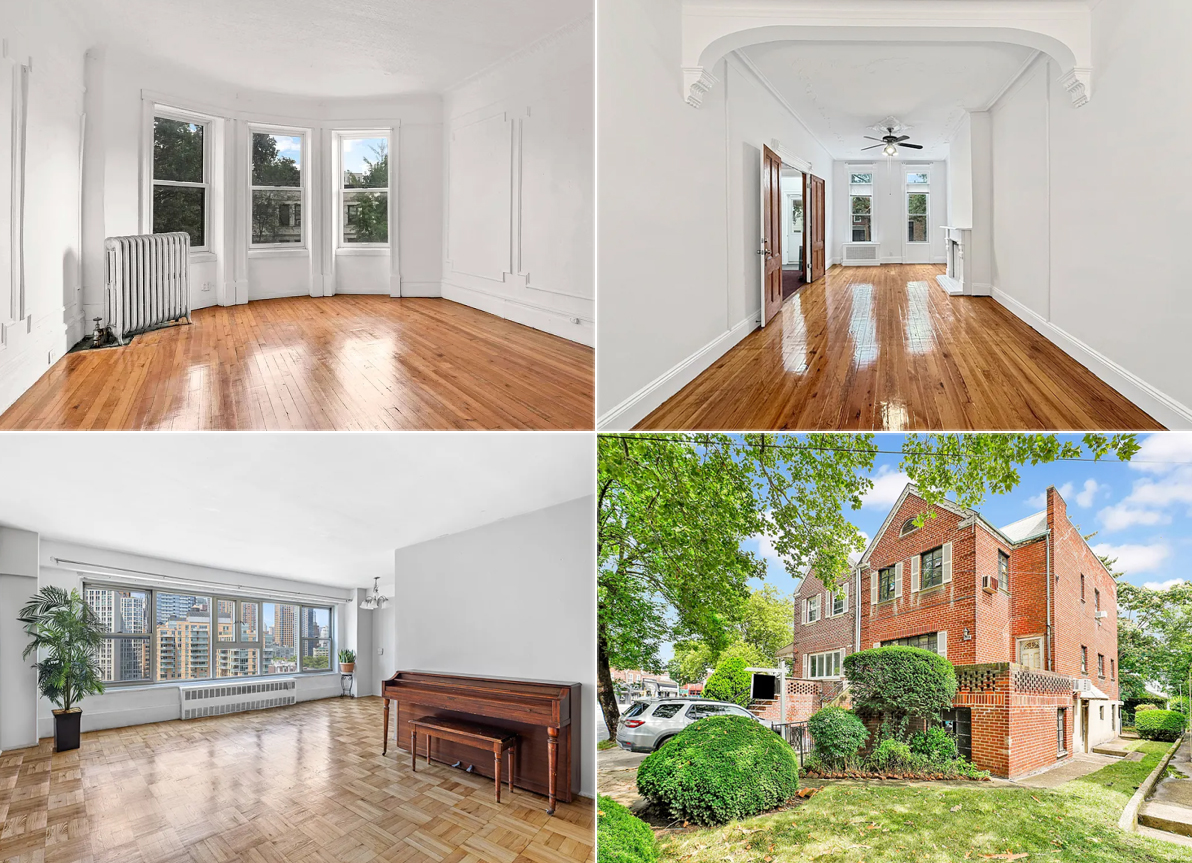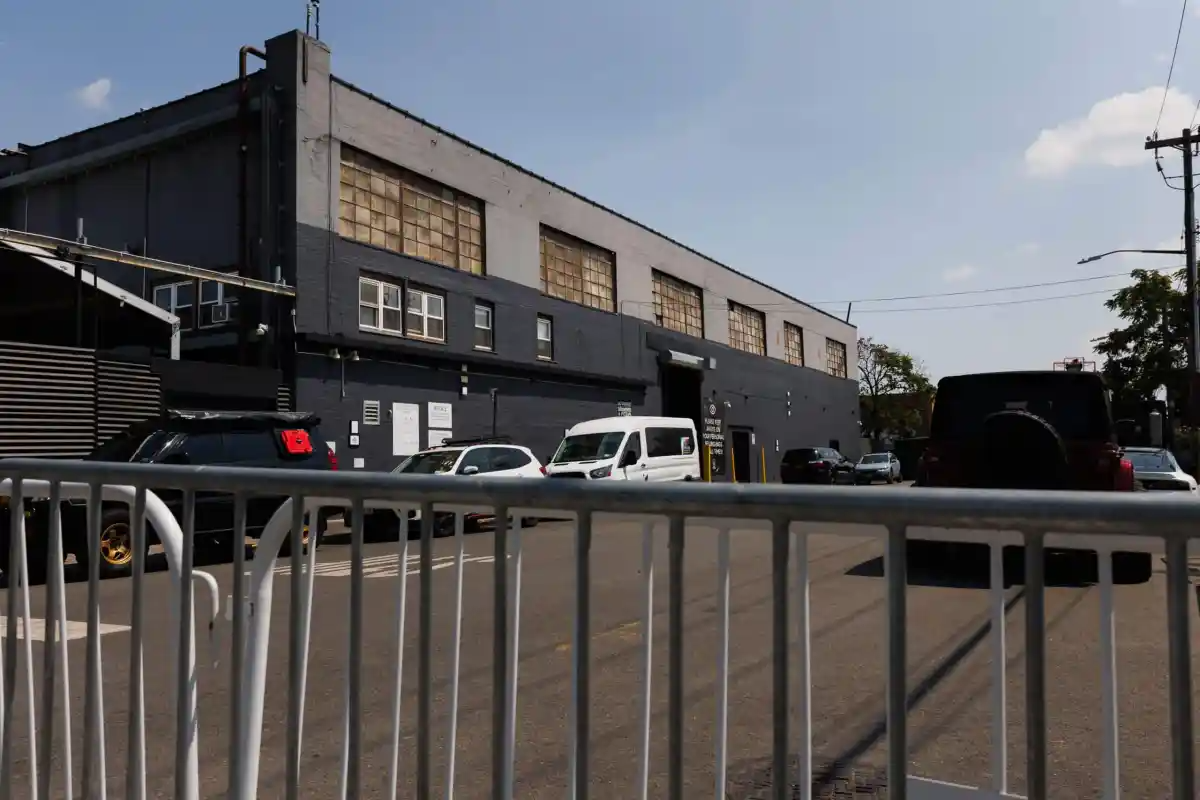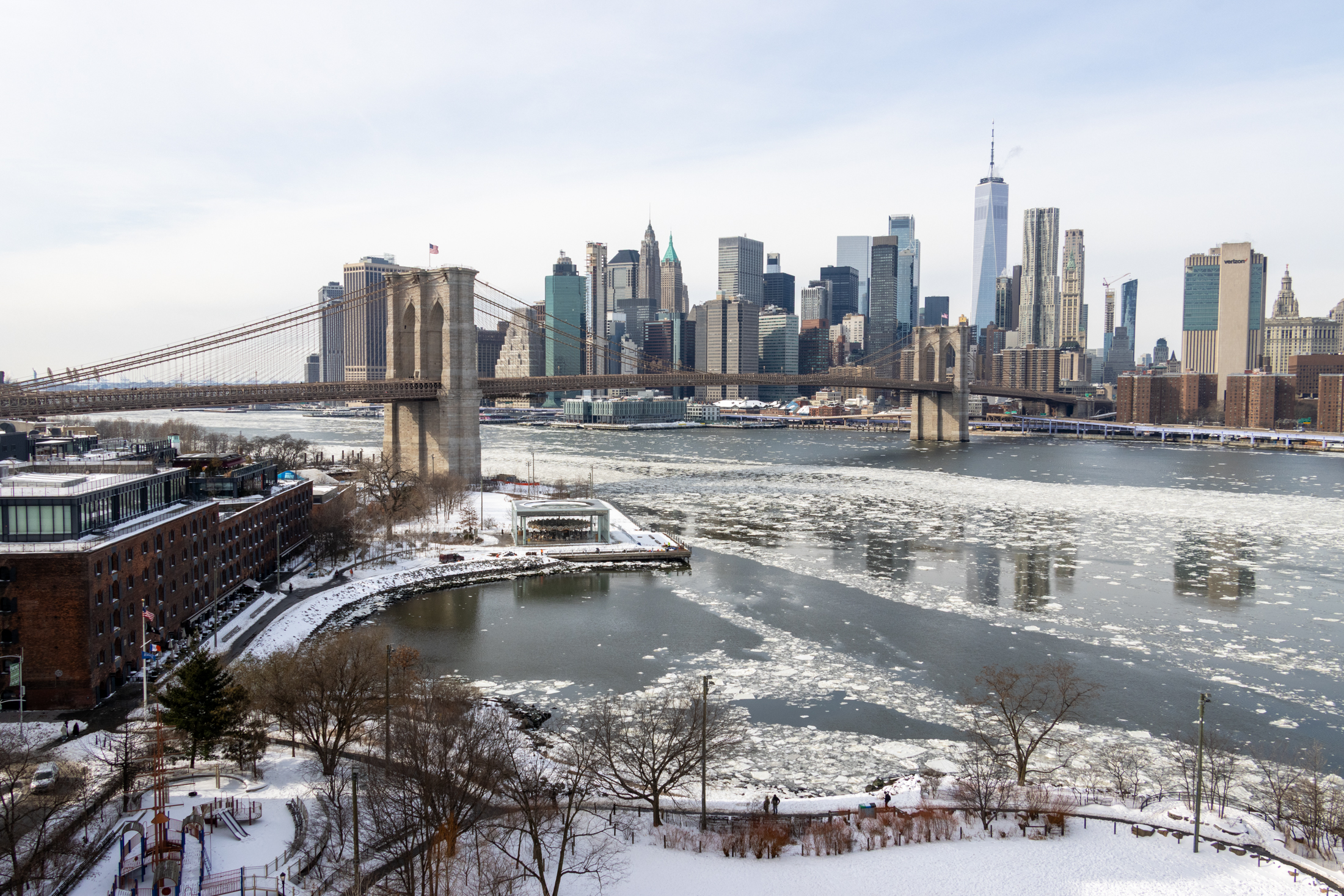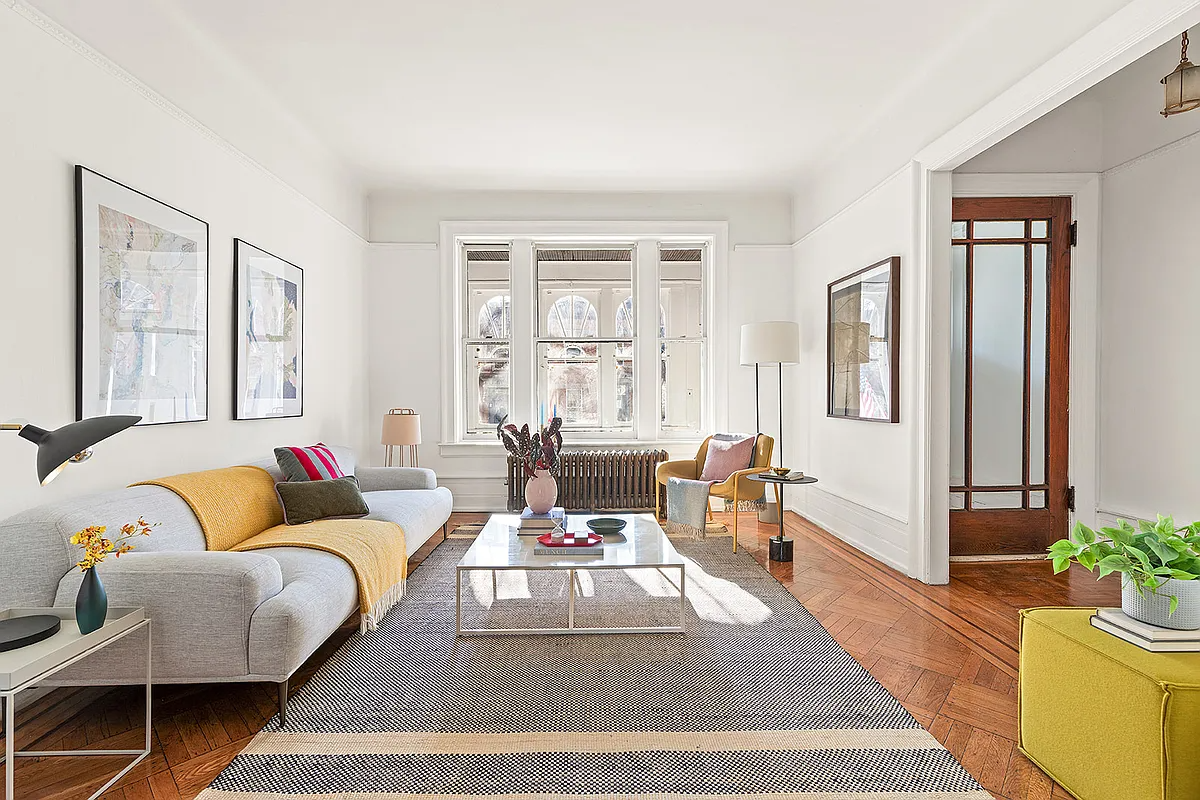And the Discussion on the Future of Suburbia Continues
On the Times’ Freakonomics blog, leading urban theorists are debating what we’ve been talking about around here lately: the future of suburbia. The “smart people” they gathered to pontificate include James Kunstler, Thomas Antus, Jan Brueckner, Gary Gates, John Archer, Alan Berube and Lawrence Levy, who offered these predictions: The suburbs have three destinies, none…


On the Times’ Freakonomics blog, leading urban theorists are debating what we’ve been talking about around here lately: the future of suburbia. The “smart people” they gathered to pontificate include James Kunstler, Thomas Antus, Jan Brueckner, Gary Gates, John Archer, Alan Berube and Lawrence Levy, who offered these predictions: The suburbs have three destinies, none of them exclusive: as materials salvage, as slums, and as ruins. Or: If [gentrification] continues in a significant way, large numbers of suburban households looking for urban stimulation may end up switching places with minority central-city dwellers, stirring the ethnic pot in both places. Or, this vision: Suburbia will be flexible, it will be smarter, and it will be hybrid. So which is it?
What Is the Future of Suburbia? [Freakonomics Blog]
Suburbia. Photo by Stacy Magallon.





To Lechacal (Idiot #1) @ 10:28 – I like Westchester. But I also think brownstone Brooklyn is terrific. That, and because I have friends who live in PS, is why I am on this site. And I posted in response to another hackneyed “death of the suburbs” article, not to start another war over why the suburbs are better or worse than Brooklyn.
To Bktycoon (Idiot #2) @ 11:09 – Ever hear of Mamaroneck Avenue? There is more night life for singles on one block than there is in all of Park Slope and Brooklyn Heights.
To Claude (Common Sense Guy #1) @ 10:19 and 10:39. Grand slam home run. Yes, McCain will win the election because 80% of brownstone Brooklyn opposes him. The mindless disdain most of them have have for the suburbs is the same mindless disdain they have for ANY Republican, even when the Democrat’s claim to fame was his career as a “community organizer.” In other words, if you live in the ‘burbs and you vote for McCain you must be a dumbass. End of discussion.
Montrose:
I agree with you with regard to the countryside that you describe.
I guess I was referring to the huge tracts of pastures and forests now littered with McMansions.
Small town America is a different story and I agree we should try to protect that as much as possible.
Jeepers, “i disagree” at 11:27, we used to live in 11217 and the B/Q at 7th Ave in Park Slope was like a whopping 5 minute walk from our old apartment in the North Slope. The guy is correct the B/Q is 25 minutes to Midtown from there and that stop is easily reached by North Slope people.
FSRQ;
Indeed, my friend has a roomy, 3 bedroom home with a nice study and two cars in the driveway. They really don’t have any extras, but their town has a nice community pool.
Despite all of this, my friend (who grew up in the city) is not a happy person, and I’ve seen the years there take a toll on his spirit. These are just my subjective observations, of course, but I am pretty certain about it. In fact, one of the reasons I left my job in New Jersey (which paid well) was that I could no longer take being in an environment where there were lots of such people.
Materially, my friend is comfortable. However, as others have noted, being there, and having all of your money going into maintaining a warehouse of material goods, does take its toll. He and his wife rarely go dining in anything other than an Applebee’s. Their social interaction is all wrapped around the kids, for whom they serve as chaffeurs. He has gotten fat from the lack of walking.
I agree with you (and Montrose) that high density Manhattan-style living is not for everyone. In fact, it is probably only for a few. It is for this reason that I believe that Brooklyn has boomed over the last decade. It offers the possibility of a home that is relatively close to the ground, yet it is located in a walkable neighborhood, and a close-knit neighborhood feeling is possible, due to its density.
Two weeks ago I had to go to a funeral and lunch for a relative in New Jersey. Seated at my table were 4 people in their 20’s who were raised in affluent NJ suburbs. All of them told me that they have no desire to live there, even when they are raising a family. All of them were envious that I live in Brooklyn, and said that they wanted to settle down there at that point in their life (they are currently living in Manhattan).
As a person in their early 50’s who spent the majority of his life watching a mass exodus from Brooklyn to the suburbs, I could only marvel at the changes!
I have a house in Philadelphia Heather. It feels like being in a suburb compared to NYC when I go there. I’m not saying that’s bad. Its just different and, I like it.
Seems you’re right i disagree. I don’t even know what the point of the initial question about it was in the first place. I live a 2 minute walk from the Q and I live in 11217. That’s all I know. I mistakenly assumed it was in the same zip code. Who cares?
11217, I grew up in a very small town upstate. Whenever I go back to visit family, it is disheartening to see that most of the industries that kept small towns alive are gone, and more and more middle class homes have trailers in the yards, as people’s kids can’t afford to buy their own homes.
The companies that employed my father, and many of the people in the neighborhing towns, were not large by NY standards, they employed maybe a couple hundred people in small manufacturing, along with office staff, and attending jobs, and were the lifeblood of these towns. Most are now gone, or have downsized considerably. Almost all are now subsidiaries of much larger, and often foreign owned companies. The remainder of people are teachers, farmers, truckers,retail workers, health care providers and other service jobs.
A depopulated countryside might give a vision of the amber waves of grain, and deer running free, but it really is the destruction of small town America, which is different from suburban American. Small town farmers are a valuable link in our food chain. I don’t want all of my milk and produce coming from Agrogiantamerica, Inc. Small towns,small cities and their productive countrysides, are important to our national health, too.
Do not tell a Philadelphian you consider their city a suburb, Dave. They will cut you.
It must be fun to be a pie-in-the-sky urban theorist, but I’ve read some science fiction novels with more probable scenarios.
11217 – not to burst your bubble, but i’m pretty sure the Q stop is in 11238. 🙂